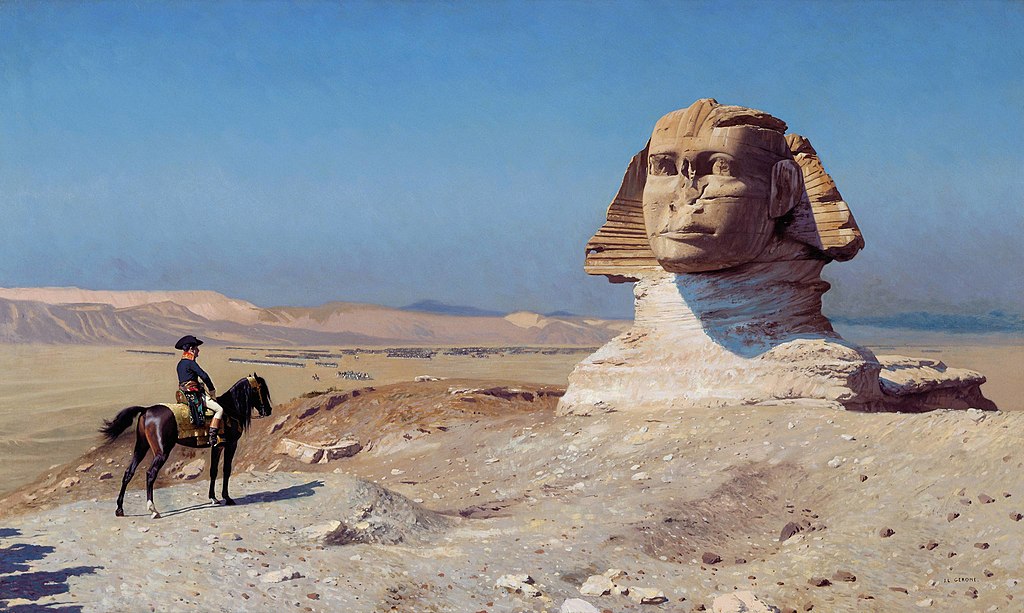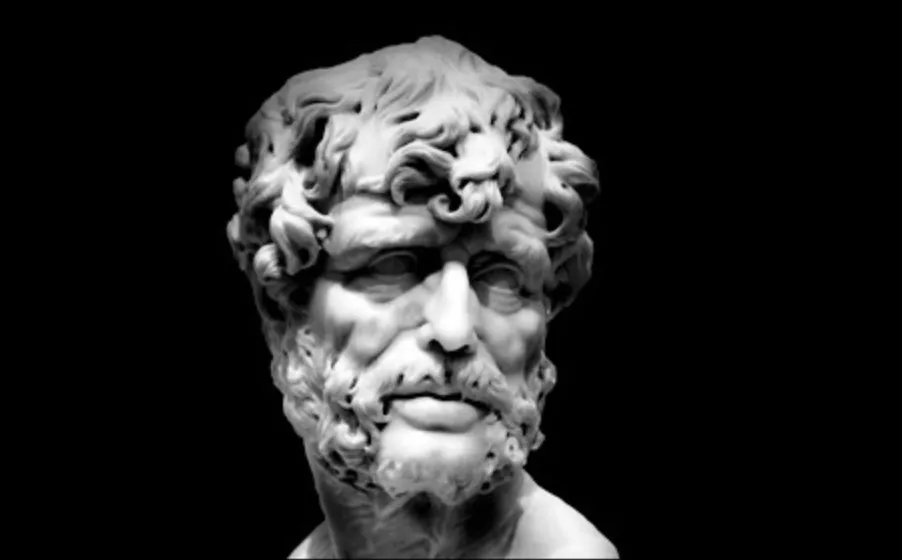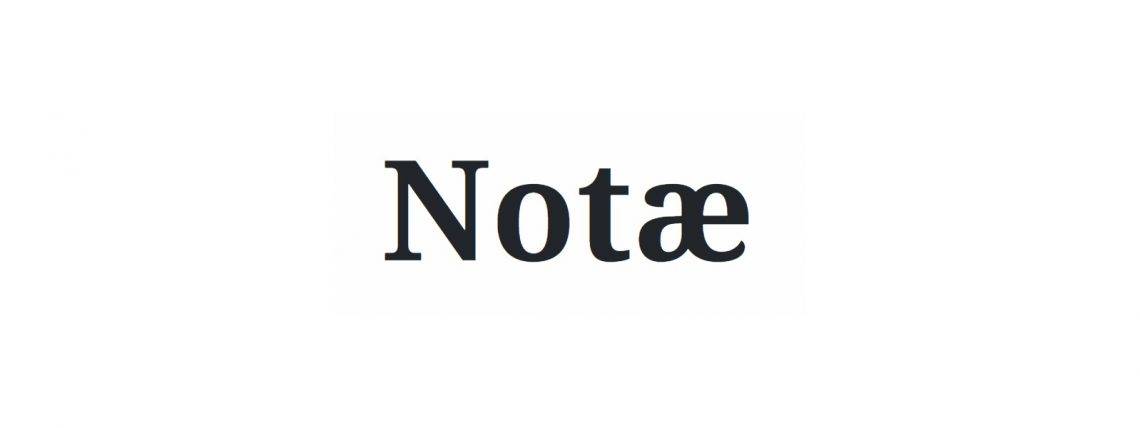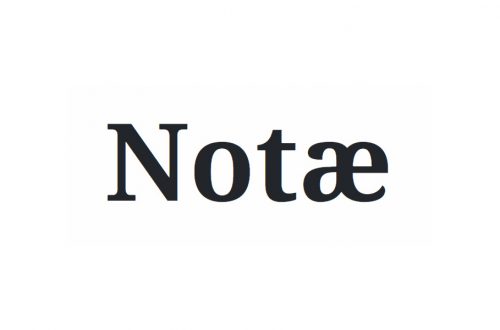“Ridley Scott’s ‘Napoleon’ Complex,” by Michael Schulman in The New Yorker

Scott was particularly interested in battles, from both a practical and a psychological perspective. “He saw at eye level,” Broers recalled. “His Waterloo was like a diorama.” At one point, Broers drew him a map, and the director studied it like a hardened general preparing for battle—which, in a way, he was. “He’s not un-Napoleonic himself,” Broers said. “When he’s there, he’s in charge, and you have complete confidence in him. He dishes it out, and he can take it.”
“The Beatles Are Still Charting the Future of Pop. It Looks Bleak,” by Peter C. Baker in The New York Times

To date, much of our conversation about A.I. tools and art has focused on what “new” material a computer program can possibly generate on its own. (Can DALL-E spit out a great painting? Can Midjourney create a genuinely good movie? When, if ever, will ChatGPT write an excellent novel?) But the successful rollout of “Now and Then” — within days, it was topping charts in Britain and nearly there in America — suggests another, and I think more plausible, path for A.I. and the business of culture. This path has less to do with software producing new work and more to do with tech advances facilitating the ongoing monetization of existing intellectual property, “content” that is already identified as profitable.
“Stoicism in the Gioia Family,” by Ted Gioia in The Honest Broker

Stoicism is the exact opposite of today’s consumer culture. It tells people to want less, not more. It promotes endurance, not indulgence. It advocates self-control, not selfishness. Turn off the Nintendo—turn on the cold shower.
But Stoicism is having its moment. It’s like Ozempic for the modern soul.
“The Fall of My Teen-Age Self,” by Zadie Smith in The New Yorker

Adult me likes to think of my work over the years as an ever-changing, living, growing thing. Teen-age me not so much. She says: All you are ever saying in your “work” (eye roll) is the same two things I was saying on April 16th:
(a) Time is not what we think it is.
and
(b) Neither is volition.



